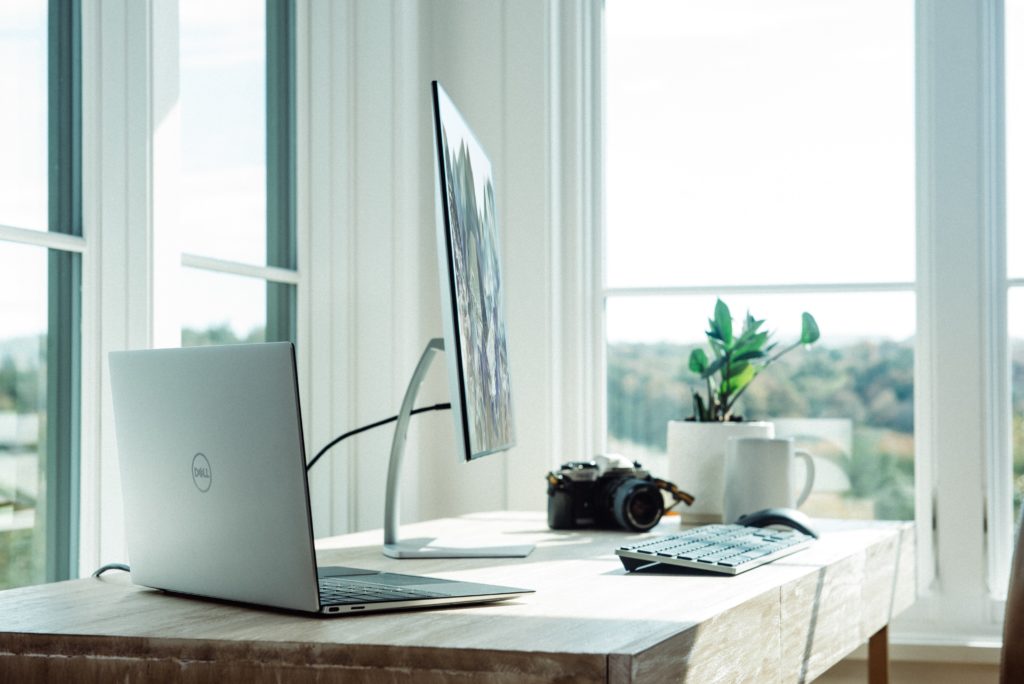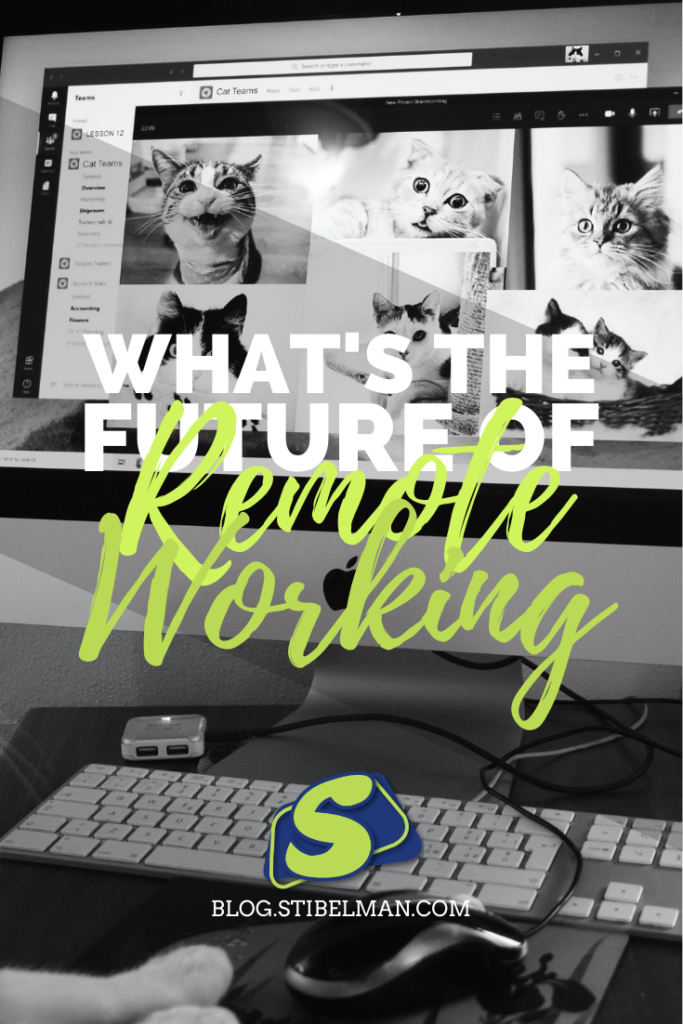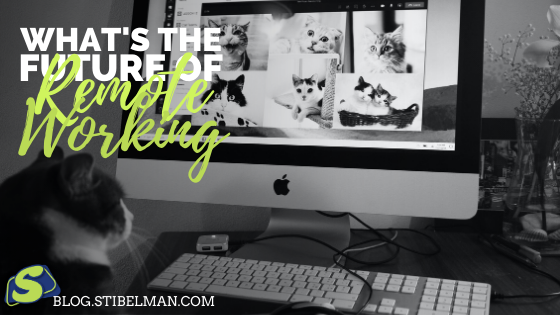Thanks to the Covid-19 epidemic and the resulting lockdowns, many companies have resorted to remote working as a way to maintain productivity while caring for the safety of their employees.
But what now that we finally see the light in the end of the tunnel, what will be the future of remote working according to employers?
Chris Herd, CEO of FirstbaseHQ, a company helping businesses set up, manage, maintain and retrieve the equipment for remote workers, has asked himself (and more than 2000 companies) the exact same question, and has generously reported his findings on Twitter.
TL;DR: Remote working is here to stay, and 90% of both companies and employees Chris spoke to are finding it an extremely positive thing.
With remote working in the rise, what will happen to office spaces?
According to Chris, “about 30% of companies are getting rid of the office entirely and going remote-first.”
Is this a move everybody should consider? Not necessarily.
Many offices provide a comfortable, safe and productive environment for people who perhaps cannot perform the same tasks working from home. Be it a strong internet connection, a modern computer or even air conditioning, sometimes the office is just better for them.
The true gem of remote working: global talent

Perhaps the most important part of remote working (at least in my humble opinion) is the fact that one can find work anywhere in the world, and companies can hire talent that is not necessarily geographically close by.
With the language barrier being the only real issue, people can work literally with anyone, from anywhere, doing (almost) anything they could do in a normal office. Of course that’s still limited to work done on computers via internet, but still, that’s a huge step forward for many offices who haven’t ever considered that yet. Now they can see that as a possibility.
The cost of caring for your employee’s wellbeing

According to Chris, “the second reason they are going remote-first is because it lets them be far more cost-efficient”.
This is really an obvious one when you have a large office and each and every employee has his own costs (apart from the pay-check). Just maintaining the office itself, the workstations, air conditioning, cleaning, upkeep, electricity, food and water… You get the gist. Once these elements are out of the equation, hiring remotely makes so much more sense!
What about burnout?
So one of the main concerns employers have, according to Chris, is remote burnout. When working from home we often allow ourselves to work an extra hour or two, and perhaps if we work less during the week, we will compensate by working during the weekend as well.
Eliminating the water cooler chat, coffee breaks and just the friendly conversations around the office, working from home makes us much more work-focused and concentration is peaking. Keeping this up for too long can make us much more tired and stressed, which in the long run, is not optimal.
The asynchronous aspect of remote working
Perhaps the worst struggle companies are having with remote working is the synchronicity of orchestrating people from all over the globe.
May it be time-zones, work habits or simply working on different things at different times, it’s extremely hard to maintain the same workflow time-wise as in an enclosed space, where communication is much more fluent.
A few solutions to that exist, like keeping a conversation open in a zoom-like app, or using walkie-talkie-esque apps, like Squawk, that allow you to communicate quickly without the formality of a phone call.
Apps like Monday are trying to help companies keep things in order, remotely.
Even Trello has made huge steps towards making their app more remote-working-friendly, by adding different and new views modes to their boards.
Oh, the Ergonomy of it all

Of course not being in our designated work-environment, we had to improvise a new office space in our home, which is, more often than not, centralised so we can keep an eye on children, pets and other family members.
The price, sadly, is apparent only after the fact, like back and neck pain, hand injuries and eye strain.
Thankfully these are absolutely resolvable with correct ergonomic furniture and information about this issue and how to solve common problems and mistakes.
The old back and forth
This one is a twofer: Not having to waste time commuting for sometimes more than 2 hours a day, is not only improving the employees’ quality of life and saving time, but it’s also good for the environment!
Less pollution due to less cars on the road, creating less traffic, less traffic jams and less jam stress overall.
Even commuters who use public transportation will have gained some well deserved relaxation not having to waste time waiting for the bus/train and sitting through all its stops.
Everybody wins!
So whats stopping you?

According to Chris, “most companies aren’t scared about the quality of work that will be produced”.
This “trial run” has shown us that people actually do care about their job and will do the best the can even from home.
What are they scared of then? According to Chris: “quality of communication, collaboration in person and water cooler chat”. Are these real reasons? Not really. Many of the companies he’s spoken to have realised that these were really just baseless excuses.
People, nowadays, are communicating remotely all the time, be it via phone calls, texting, emails or group chats, we are all used to it already and not being in the office while making the calls is not an hindrance.
So what do you think? What’s your excuse? Or are you going to continue working remotely?

